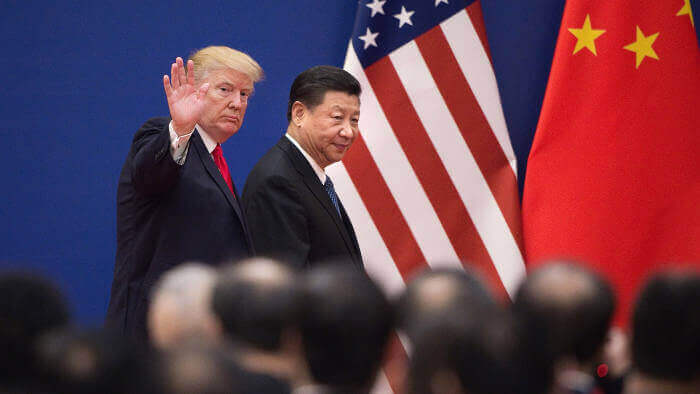Romania recently announced that it would ban Chinese tech giant Huawei from its networks. This decision comes shortly after the October announcements by the U.S. State Department that it had signed deals with Slovakia, North Macedonia, Kosovo, and Bulgaria on high-speed wireless network technology, joining what the Trump administration has dubbed the Clean Network program. This program was unveiled in August to “counter long-term threats to data privacy, security, and human rights posed to the free world from authoritarian malign actors, such as the Chinese Communist Party.” Among many such efforts, this was the latest counter to Chinese dominance in Central and Southeastern Europe, wherein the US and China are both trying to leverage their mutual interests.
While Chinese President Xi Jinping visits the Balkans at least once a year, the last time a U.S. president visited was shortly after the funeral of Yugoslavian leader Josip Broz Tito in 1980. Another reason why the United States’ sudden interest in resolving local disputes within the EU comes as a surprise, is due to President Trump's repeatedly raised concerns over U.S. investment in NATO. In 2018, he questioned why the U.S. should put its military at risk to defend Montenegro, a Balkan country that joined NATO in 2017.
In August this year, Serbia bought an FK-3 missile defence system from China, comprising a new generation of medium-range, radar-guided surface-to-air missiles. The purchase came after the delivery of Chinese-made CH-92A armed reconnaissance drones plus missiles to the Balkan country in July, which marked Beijing’s first arms deal with a European nation.
Following this move, Washington stepped in to seek an active role in the economic normalization process in the Balkans—a negotiation that the EU had been leading for over a decade—as a necessity for their progress toward greater European integration. Serbian President Aleksandar Vucic and Kosovar Prime Minister Avdullah Hoti signed the “historic” deal in the Oval Office on September 4. This agreement committed Kosovo and Serbia to build road and rail links connecting their capitals in order to enhance the flow of goods and people, developments that could attract Western investment. It also committed Kosovo to join a passport- and duty-free initiative that is to include Albania, Serbia, and North Macedonia.
In addition, the U.S. National Security Council recently unveiled its Western Hemisphere Strategic Framework. In it, the U.S. mentions how it is seeking to expand its “deep geographic, economic, and cultural” ties in its “neighbourhood”. Simultaneously it seeks to counter “malign political influence” and “economic aggression” of China, which it says has increased its “state-driven trade, investment, diplomatic, technology, media, security, and health outreach” in the region. While the document mainly pertains to Latin America and the Caribbean, it is now clear that the US is pursuing a similar strategy elsewhere, both in Europe and in Africa.
As a balancing act, China’s economic presence in the Western Balkans has increased considerably over the past decade. The arms sales reflect Belgrade’s deepening relationship with Beijing, which has invested billions of euros in the Balkan country, mainly in soft loans, infrastructure, and energy projects. China sees Serbia as part of its One Belt, One Road initiative, which is aimed at opening new foreign trade links for Chinese companies.
The US diplomatic push is unprecedented in recent Balkan history, but probably increasingly essential for Washington to counter growing Chinese influence in the region.

